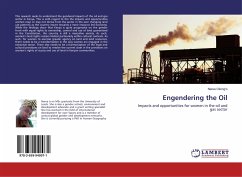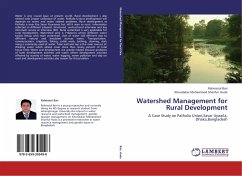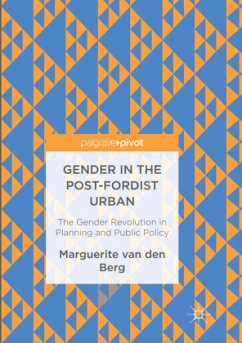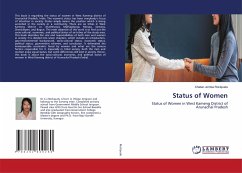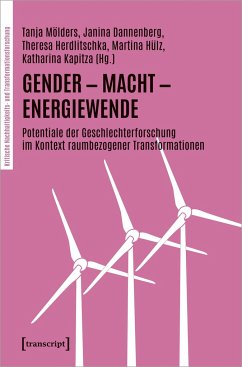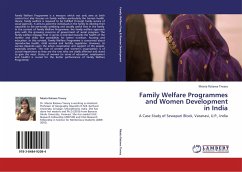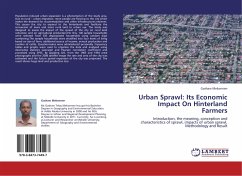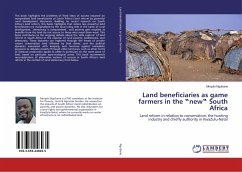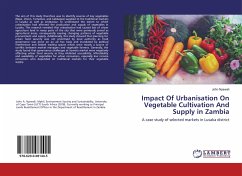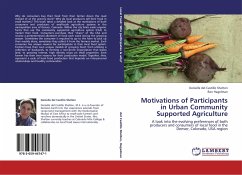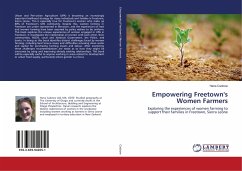
Empowering Freetown's Women Farmers
Exploring the experiences of women farming to support their families in Freetown, Sierra Leone
Versandkostenfrei!
Versandfertig in 6-10 Tagen
46,99 €
inkl. MwSt.

PAYBACK Punkte
23 °P sammeln!
Urban and Peri-urban Agriculture (UPA) is becoming an increasingly important livelihood strategy for many individuals and families in Freetown, Sierra Leone. This is especially true for Freetown's women who make up 80% of Freetown's UPA community. Despite this, women farming in Freetown are under represented in literature, and the experiences of men and women farming have been assumed by policy makers to be uniform. This book explores the unique experiences of women engaged in UPA in Freetown. It investigates the relationships of women with each other, their communities, NGO's, Local and Natio...
Urban and Peri-urban Agriculture (UPA) is becoming an increasingly important livelihood strategy for many individuals and families in Freetown, Sierra Leone. This is especially true for Freetown's women who make up 80% of Freetown's UPA community. Despite this, women farming in Freetown are under represented in literature, and the experiences of men and women farming have been assumed by policy makers to be uniform. This book explores the unique experiences of women engaged in UPA in Freetown. It investigates the relationships of women with each other, their communities, NGO's, Local and National Government, the Police, and banks. In doing so this book identifies distinct challenges faced by women farming, including land tenure issues and difficulties accessing clean water and capital for purchasing farming inputs and labour. After examining these challenges recommendations are made as to how they might be overcome by using and improving already existing relationships. This book will be especially useful to anyone working in areas related to development or urban food supply, particularly where gender is a focus.



